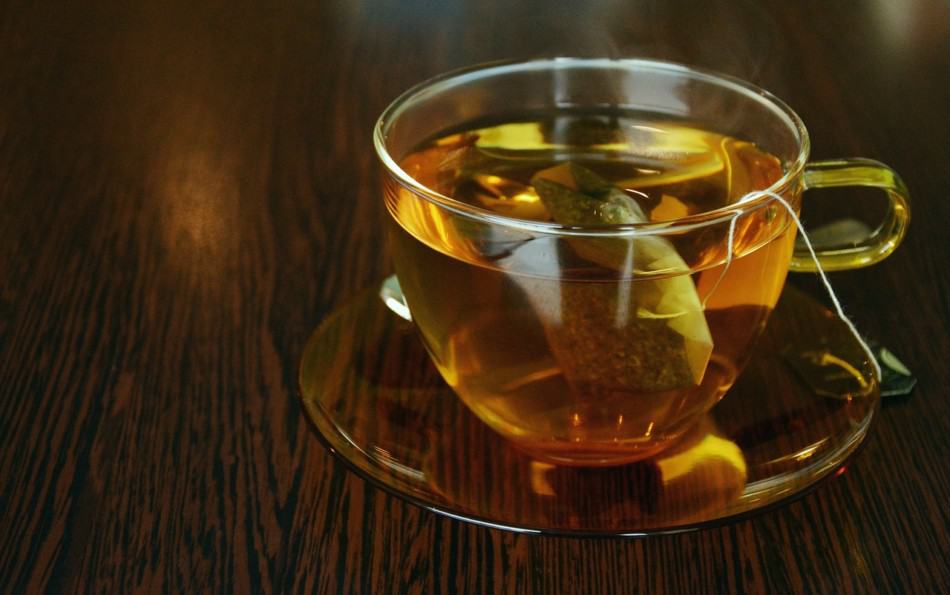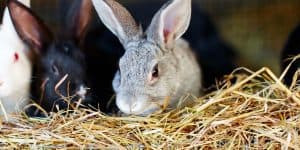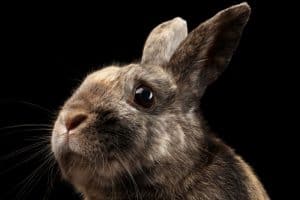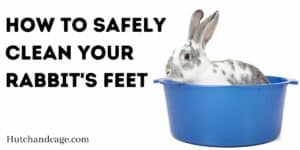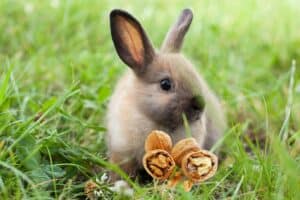For many people, drinking tea is a quiet, pleasant way to spend an afternoon. Add some biscuits to the mix, and it’s surely a very relaxing afternoon indeed.
The answer to this question is not so straightforward. While tea does provide some health benefits to rabbits, there are some ingredients in certain teas that can upset a rabbit’s sensitive stomach.
Wondering what those teas are? We’ll discuss all those points in this article, so just keep reading below!
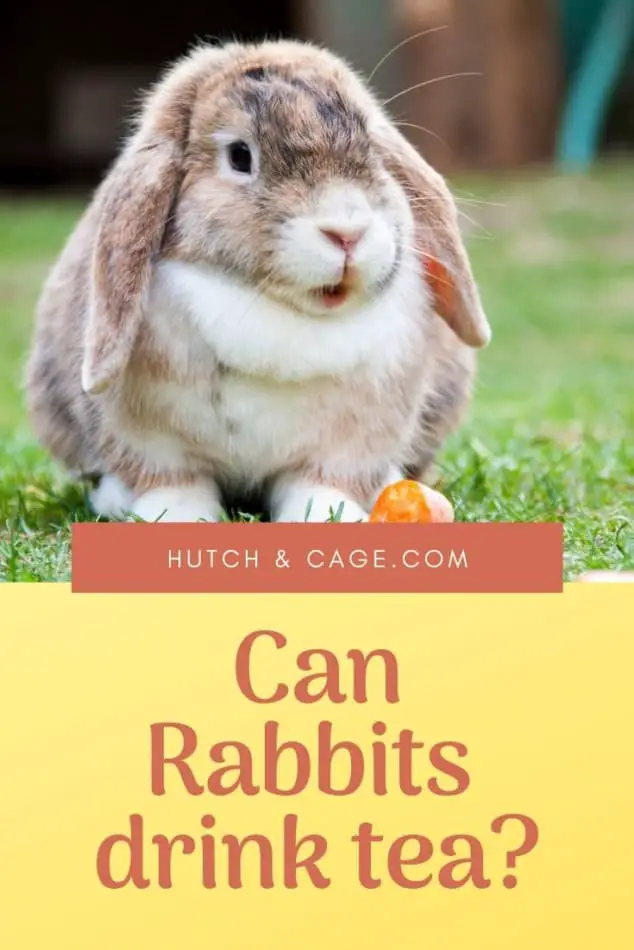
Table of Contents
Can Rabbits Drink Tea?
Rabbits have very sensitive tummies – which you probably already know if you’ve read our article regarding rabbits and cow’s milk.
What’s worse is that even if they drink or eat something that their tummies don’t agree with, they’re still physically incapable of vomiting.
This means that even one wrong food or drink could be fatal to a little bunny rabbit.
Now, while there are some things that are sure to upset your little friend’s stomach – like cow’s milk, for example – some things are not so straightforward.
Take tea, for example.
Pros And Cons Of Tea For Rabbits
Just like in humans, teas can have a very good effect on rabbits, especially if we’re talking about herbal teas.
In the wild, rabbits come across different herbs all the time. You know, herbs like:
- basil
- cilantro
- caraway
- comfrey
- dill
- lavender
- lemon balm
- oregano
- peppermint
- parsley
- rosemary
- sage
- tarragon

These herbs are completely safe for your rabbit. Even clover is alright, as long as it’s only taken in small amounts.
Too much clover can cause an upset stomach in rabbits, and those with especially sensitive tummies can even suffer from bloating.
Meanwhile, there are also some herbs that are not safe for your rabbit. Unfortunately, there are actually more toxic herbs than safe ones.
These herbs, when ingested, can cause poisoning in rabbits. Symptoms include diarrhea, fever, loss of appetite, lethargy, depression, weakness, and even seizures.
Here are some of the herbs that are toxic to rabbits:
- aloe
- amaryllis
- bloodroot
- bluebonnet
- blue-green algae
- buttercup
- belladonna
- echinacea
- elder
- eucalyptus
- hemlock
- hogwort
- holly
- jasmine
- lily of the valley
- milkweed
- mistletoe
- nutmeg
- oak leaves
- poppy
- ragwort
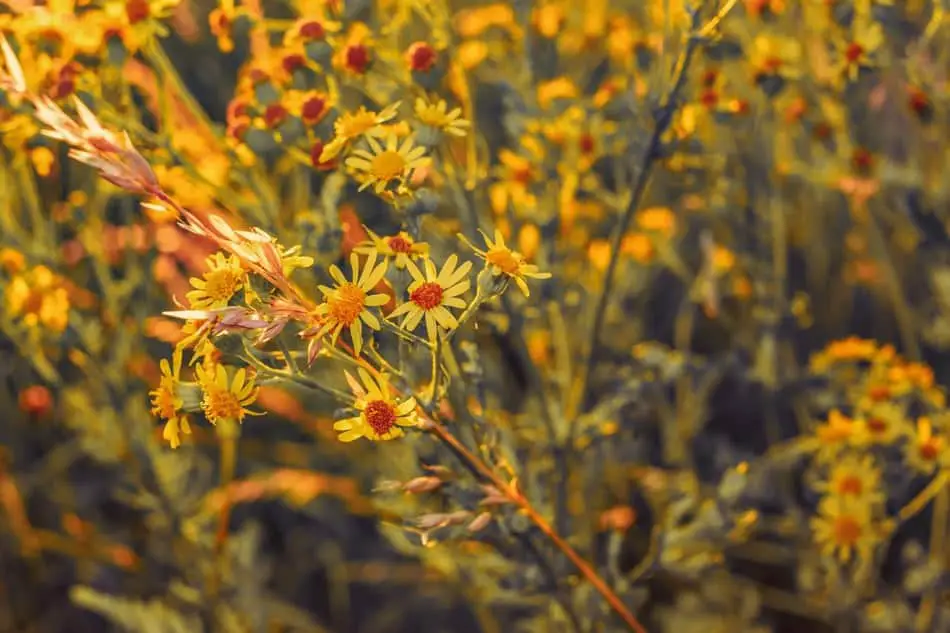
Remember, these herbs are fatal to your rabbit. Don’t even let your rabbit near them, not even if you’re in the vicinity.
All it takes is for one playful rabbit to curiously put one in its mouth and that’s it. If you don’t want to have to rush your bunny to the vet, avoid them at all costs.
Which Teas Are Safe For Rabbits?
If it’s an herbal tea, then it should be alright for your rabbit as long as the herb itself is safe for them. Of course, if the herb itself isn’t safe for them, then there’s no reason why you should be letting your rabbit try that tea out.
As a reminder, here’s a list of some safe herbal teas for your rabbit:
- peppermint tea
- rosemary tea
- lavender tea
- lemon balm tea
- oregano tea
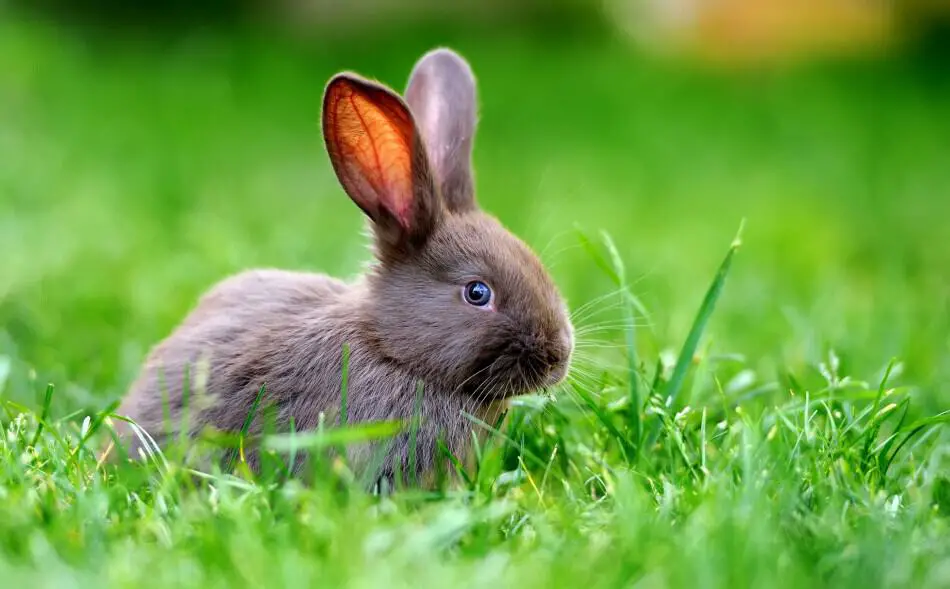
Which Teas Aren’t Safe For Rabbits?
Any tea that contains a herb from the toxic herb list above should be avoided. Here’s a short list of some toxic herbal teas for your rabbit:
- jasmine tea
- aloe tea
- buttercup tea
- eucalyptus tea
Again, this list just shows some toxic herbal teas. There are plenty more toxic herbal teas out there, as well as non-herbal teas that should still be avoided anyway.
When it comes to non-herbal teas, it’s safe to say that if your rabbit drinks something that has a lot of sugar in it, you should probably take your rabbit to the vet, just to be sure.
Rabbits just aren’t good with too much sugar, and sugary drinks, like iced tea, tend to have a worse effect than sugary foods.
Another kind of non-herbal tea is real tea, basically the kind of tea that is actually made from tea leaves. Now, this kind of tea is the real deal, and it contains one thing that you should never, ever give your rabbit: caffeine.
Brewed tea, which contains caffeine, is a no-no for rabbits, and so are tea leaves, which also contain caffeine. Caffeine, in general, is just bad news to rabbits.
They can be extremely addictive for the bunnies and can even change their nervous system if taken consistently over a period of time. Talk about scary.
What Should Rabbits Drink If Not Tea?
Great question! If not tea, what should rabbits drink?
The answer might surprise you. Are you ready?
Let me give you a hint: it covers two-thirds of the Earth, and it also makes up 70% of your own body.
That’s right – water! Just like with humans, water is still the best drink for your precious rabbits. Now, the kind of water doesn’t really matter, as long as it’s something that you also drink.
Whether it’s mineral, purified, or alkaline water, your pet’s tummy will accept it just fine.
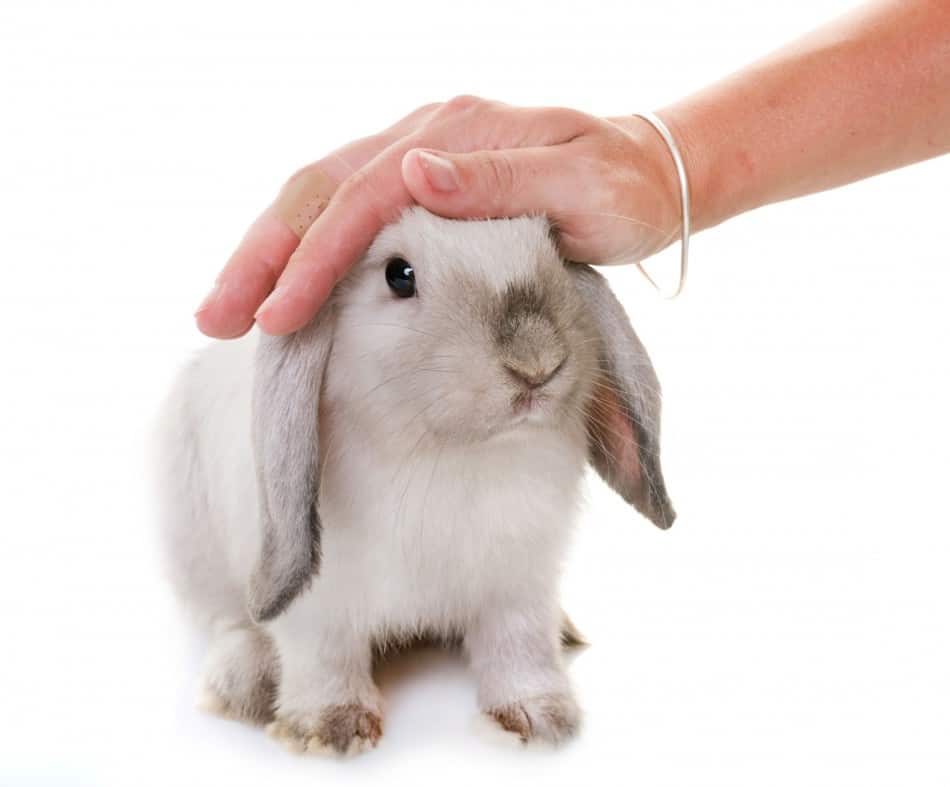
Conclusion: Can Rabbits Drink Tea?
In conclusion, rabbits can drink tea, but not just any kind of tea. They’re usually alright with many different kinds of herbal teas, which aren’t technically real teas anyway.
However, there are also many kinds of herbal tea that are toxic to rabbits, so it’s important to check the list first before letting your rabbit have a sip.
Outside the herbal variety, tea shouldn’t really be given to rabbits for drinking.
Iced tea, which contains a lot of sugar, and brewed tea, which contains caffeine, aren’t very safe for rabbits and can cause negative effects to the rabbit’s weight and nervous system, respectively.
The best drink for your rabbit remains to be water though, clean and pure. As long as the water is potable for humans, it should be alright even for your rabbit’s sensitive stomach.

